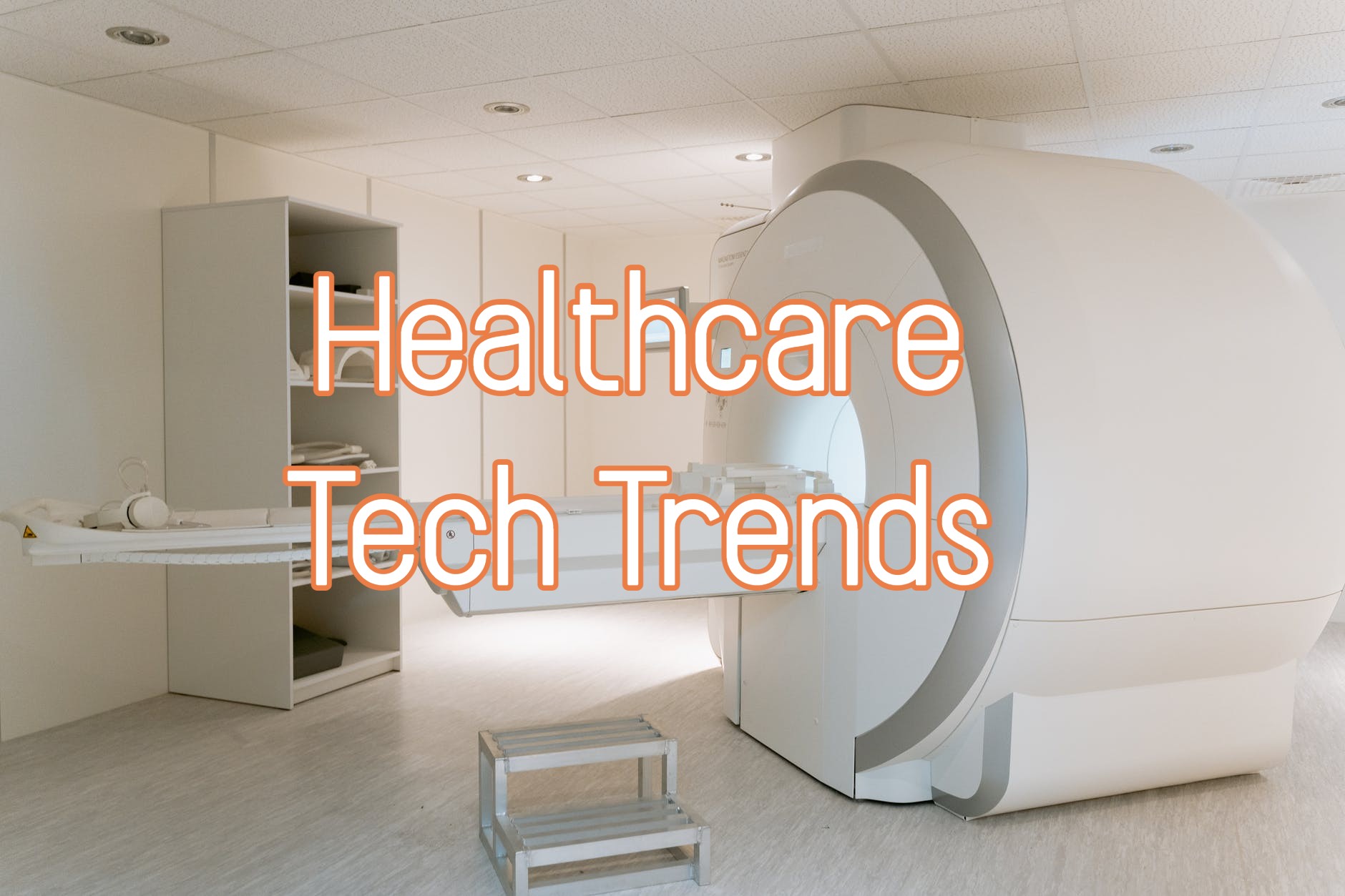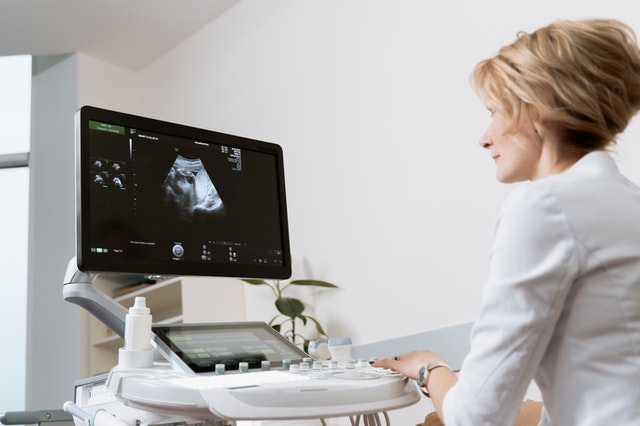Major Tech Trends In The Healthcare to Watch for In 2021

Technology is an ever-evolving revolutionized market. The healthcare industry is working day and night to come up with more beneficial accurate and up-to-date technology advancements which can positively change the healthcare line which is being delivered in hospitals.
After COVID-19, people around the world have faced the worst scenarios in hospitals and how fast a disease is exposed, and how it is almost impossible for the health care worker to cover and look after every patient. We faced a shortage of every single health care item, from oxygen cylinders to the availability of a bed at that time of the pandemic.
The healthcare industry is working on major healthcare transformation with the help of digital technology to make it handier and more convenient for healthcare practitioners as well as for the ease of patients so that more diseases can be controlled and cured and more lives can be saved cost-effectively.
Tech Trends in the Healthcare Industry in 2021
There is a major shift in the trends of health care in 2021 following the pandemic we faced. There is a major shift in the betterment of the health care line, more remote practices, and better treatment options. Here are some of the major tech trends in healthcare to watch in 2021.
Artificial Intelligence:
Artificial intelligence plays a significant role when it comes to the health care industry. It helps in major aspects and fields of health care including pharmacy automation, disease detection, vaccine development, thermal detection, and CT scans results.
Artificial intelligence helps us to predict the diseases and whether or not they will turn into pandemic or how much damage they will execute based on the same factors as:
- Animal population level
- Climate conditions regionally and globally
- Health system proportions
Machine learning helps the advancement in any field as it crosses the limits which humans have to abide by the efficacy, reliability, and accurate results aren’t possible when it comes to human brains.
After the world faced a pandemic, Thermal Screeners were installed in the public gathering areas to quickly detect the person who can be a carrier of disease and was rushed to the hospital immediately.
Virtual Health Caretakers:
Virtual health caretaker’s VR becomes more of a new normal after COVID-19. Rather than rushing to the hospital every time you experience some symptoms; it was suggested to virtually talk to the patient and understand the problem remotely rather than interacting with them physically.
This made sure that the treatment and healthcare are working for the patient who is in serious need and the ones who are slightly ill taken care of them at home reducing the chances to pass on the virus.
VR devices are introduced after the pandemic which is a more reliable and cost-effective method to look after patients and it is one of the expected trends which will change the health care industry in the coming years.

Mobile Health Applications:
Health data has increased in the past few years due to smartwatches and the applications of health. More and more healthcare applications are being developed each year the ease out patients so that they don’t need to leave the house instead they can refer to their health application.
In 2021, it is expected to see more inclination toward the development of health care applications that are more customized according to a specific disease. This specification will improve personalized health care delivery making it more functional and customized.
Nanomedicine Is Future:
Nanomedicine is a tiny medicine that is injected into the bloodstream to treat and detect the disease at some time. It is a revolutionized technique in the health care industry where big and complex data is integrated into small medicine which helps in efficient drug delivery. Nao medicine has also shown promising results in treating cancer patients hence giving hope to the health care industry to find a cure for more chronic diseases.
Research and development are still being done on this technique and it is expected to see more results by the end of 2021 in the Nanomedicine field.
Cloud Computing:
Health practitioners need to keep a record of all the data collected because it is an essential part of the health care industry. Management of such a massive amount of data has always been challenging. But the development and the integrations of IT, cloud computing is a go-to tool when it comes to saving digital data.
This data is beneficial for both the practitioner and the patient as it makes the consultation easier and saves a lot of time and energy and helps the practitioner to deviate from the road as data is already there for such conditions experienced by others.
Technology in medicine is still a new trend but the extensive demand for development in this field requires machines to assist humans with more accurate and reliable figures so that there is no chance of even the slightest mistake. As we look into the future, the world of healthcare will be equally integrated with IT to meet the needs of the time.



